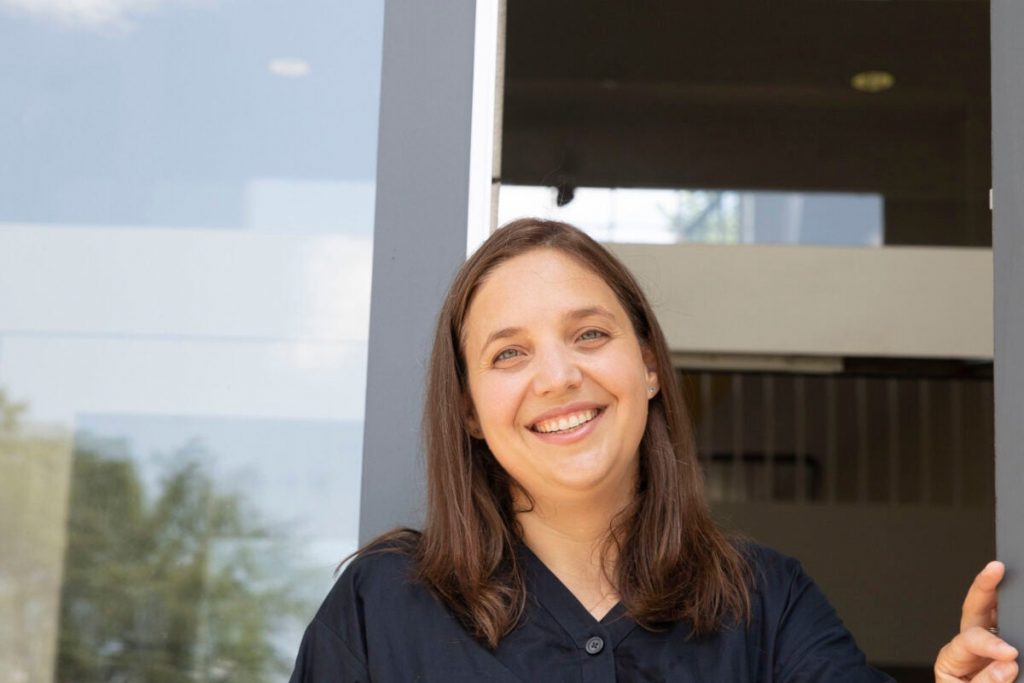A team led by Harvard researchers found that presentations about COVID-19 delivered by physicians improved knowledge about the disease and preventive behaviors across racial lines. But their study also discovered that messages tailored to Black audiences and presented by physicians of color did not enhance the effectiveness for minority participants.
“One of the things that we found that was very reaffirming, despite different races and ethnic minority backgrounds, despite different sort[s] of economic and political affiliations, we saw that when health care providers deliver very clear and accurate health-leading information, it can have a positive impact across all these demographics,” said lead author Lucy Ogbu-Nwobodo, a resident physician at Massachusetts General Hospital and at McLean Hospital.
Emily Breza, an associate professor in the Department of Economics and Ogbu-Nwobodo’s co-author, noted the findings confirmed that physicians, regardless of their race, have a “trusted messenger” status. That status allows the information they deliver to “cut across these different political and racial community markers and … lead to behavior change.”
The study, “Effect of Physician-Delivered COVID-19 Public Health Messages and Messages Acknowledging Racial Inequity on Black and White Adults’ Knowledge, Beliefs, and Practices Related to COVID-19,” was published in JAMA Network Open on July 14, and marks a follow-up to research published in the Annals of Internal Medicine in April.
The researchers were particularly interested to know whether targeted messaging — including American Medical Association acknowledgment of racial injustice as a public health threat — made a difference. Throughout the pandemic, people of color have been at much greater risk of infection, hospitalization, and death from COVID than white Americans.
The trial confirmed earlier research showing how greatly Americans value information passed on by trusted medical professionals, Breza said. Previous work showed that a non-physician, public intellectual, such as a Nobel Prize winner in economics, could also change behavior.
“I think across the board, a few very simple messages delivered by these trusted medical professionals have, surprisingly, moved the needle and done it pretty consistently across the board across different demographic groups,” she said.
While the specially crafted presentations failed to increase the effectiveness of disease education, they did make both Black and white participants more willing to donate to COVID-19 charities in general and to pandemic relief nonprofits geared toward the Black community in particular.
Subjects in the 2020 randomized clinical trial of 18,223 Black and white adults were shown a series of health messages delivered by Black and white physicians about COVID-19 and preventive behaviors. Participants were also shown one of two statements from the AMA, one on structural racism and another on drug price transparency.
Highlighting health issues that disproportionally affect communities of color is one step toward increasing public awareness of structural racism in health care, the study found. Ogbu-Nwobodo said that it is important for the health care community to acknowledge and address existing racial inequities.
“We know that people of color experience our health care [system] very differently. … [T]hey’re treated differently based on their skin color,” she said. “So, what are we doing as a health care system independent of just COVID to ensure that these issues are no longer being passed over with flowery statements of support?”
Members of the health care community should take “an honest inventory” of the ways they are perpetuating the issue as providers and at an organizational level, Ogbu-Nwobodo said.
Findings were published by members of the COVID-19 Working Group, a coalition of researchers and physicians from Harvard’s Faculty of Arts and Sciences, Harvard Medical School, Harvard Kennedy School of Government, Massachusetts General Hospital, and McLean Hospital, as well as MIT, Yale, Stanford University, Ludwig Maximilian University of Munich, and the Paris School of Economics.
The COVID-19 Working Group plans to continue its work by looking into scaled-up messaging by doctors using social media.
This work was partially funded by the National Science Foundation and National Institutes of Health.
